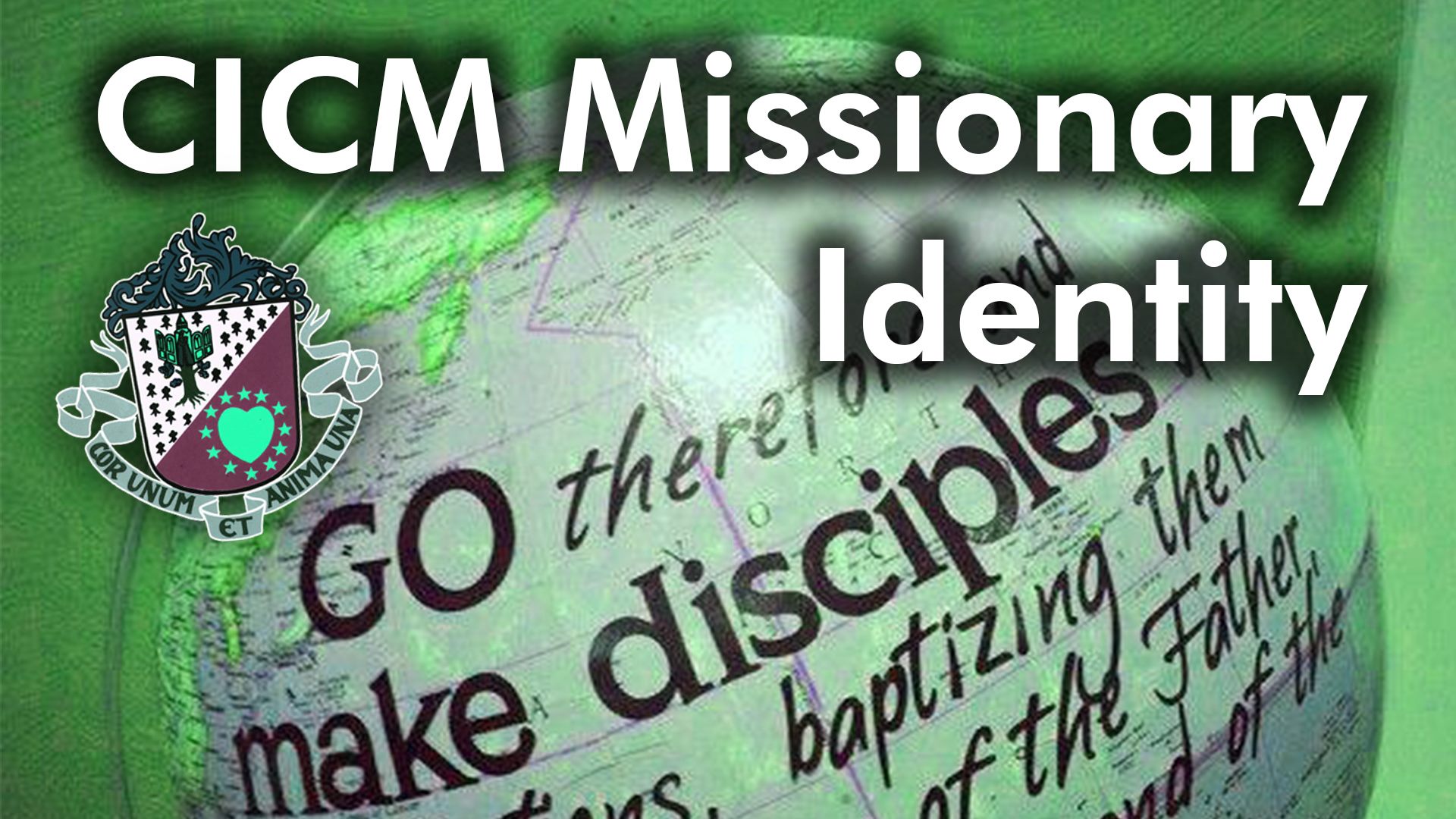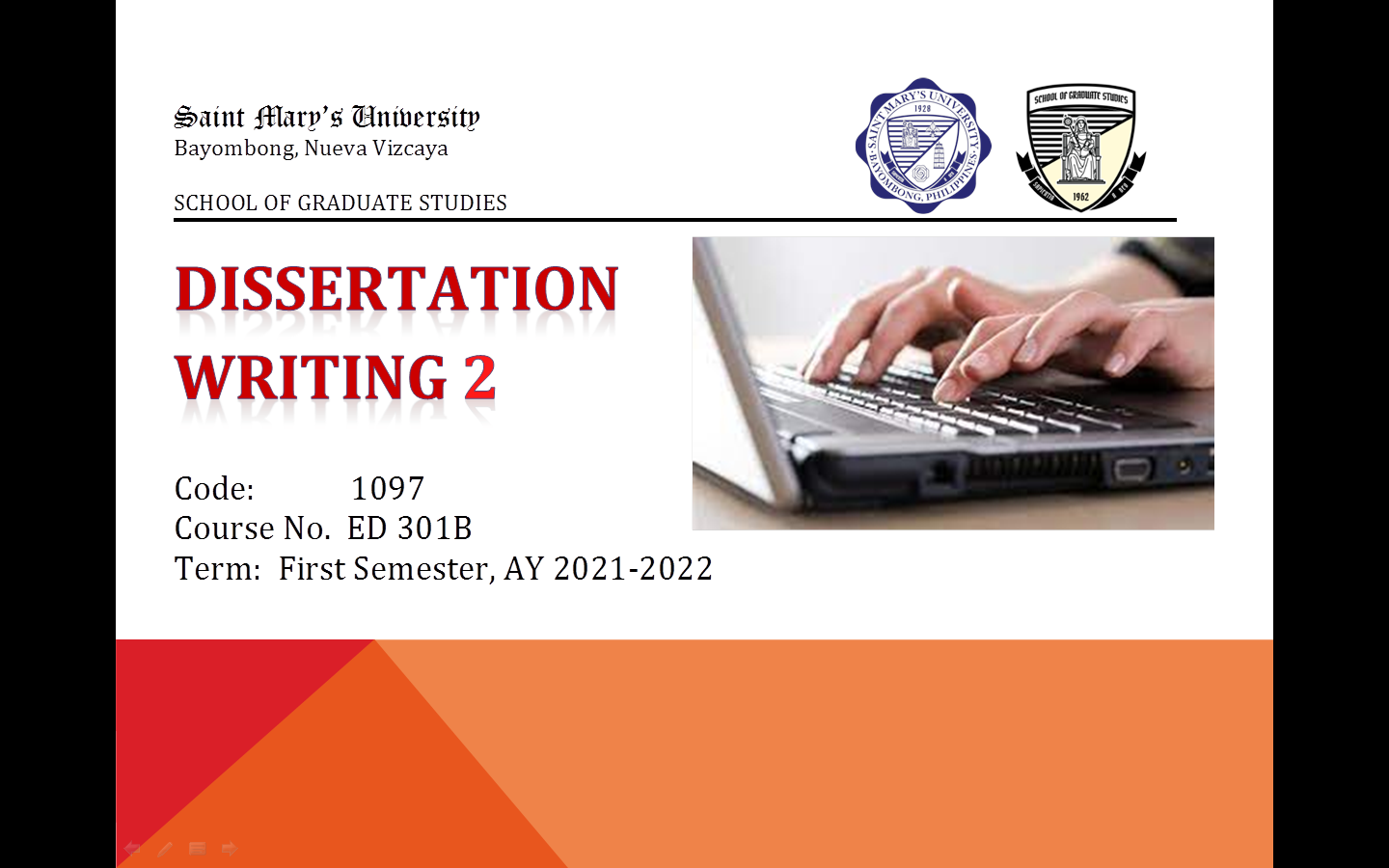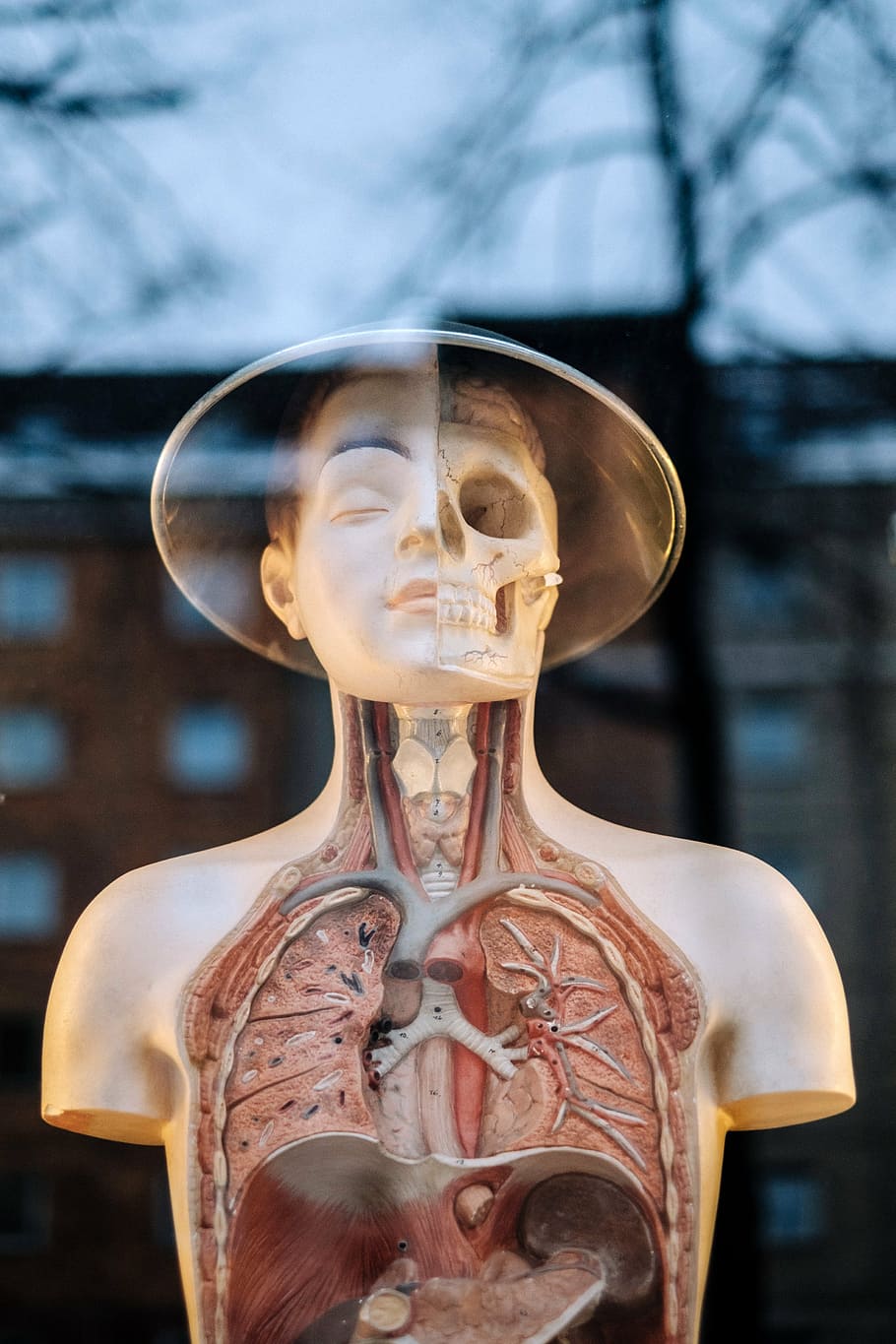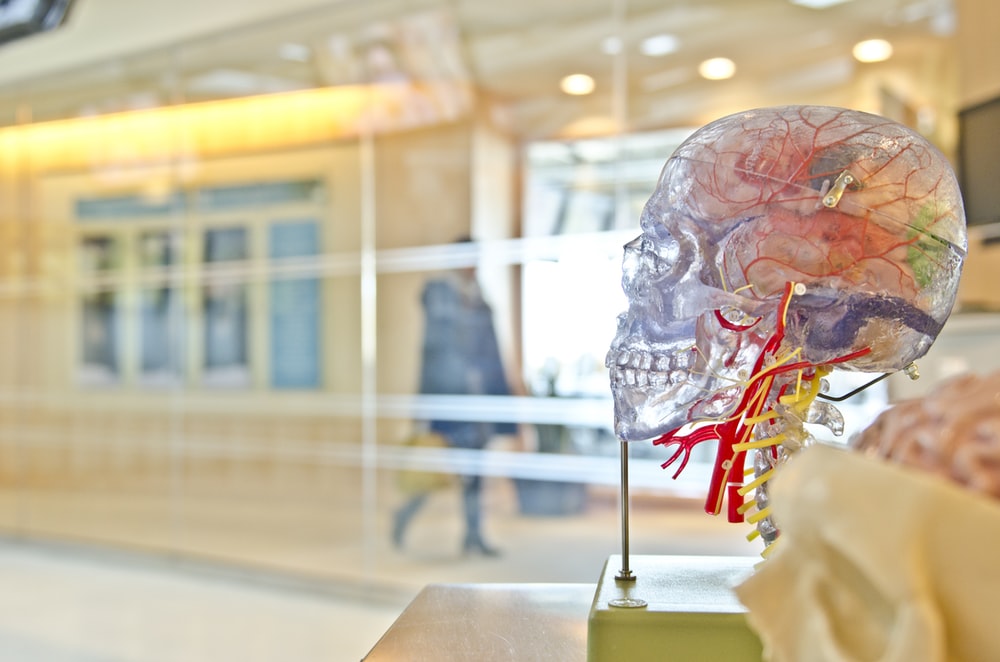Search results: 7
CFE 104 is a course that deals with the life and ministry of CICM missionaries worldwide. It focuses on the spirituality and missionary character of the congregation, anchored on Jesus, whose words and deeds become their source of inspiration in order that their faith may be strengthened through the model that He set for them. This course aims to deepen the students’ understanding of the life and mission of the CICM missionaries with Fr. Theophile Verbist, who laid the foundations of the congregation. Going through this course, the students will be deeply familiarized with the richness of the congregation and its history, and they will be equipped to reflect on its present value for them. As such, this course provides the students an avenue in following Jesus more closely in their personal lives as members of the Church, the community of Jesus’ disciples, in the way exemplified by CICM, under the protection of Mary.
- Teacher: LIBERTY ROSARIO
- Enrolled students: 41
- Teacher: OLIVAR REIMOS BARROGA
- Enrolled students: 25
At this stage, the student presents the results of his/her study among the panel of examiners. The paper/manuscript to be evaluated includes the following: Title Page, Preliminaries, Table of Contents, List of Tables, List of Acronyms, List of Figures, Chapter I (Introduction), Chapter 2 (Methodology), Chapter 3 (Results and Discussions), Chapter 4 (Conclusions and Recommendations), References, Appendices, and Curriculum Vitae.
- Teacher: REGINA RAMEL
- Enrolled students: 6
Ethics deals with the principles of ethical behavior in modern society both in personal and societal level and in interaction with the environment and other shared resources (CMO 20 s 2013).
The course attempts to lay the grounding principles of ethics by leading students in the analysis of human experience and linking to the elements of ethical dimension.
It also introduces and equips students with the various classical ethical frameworks such as utilitarianism, natural law, deontology and virtue ethics where each frameworks embed set of values for students to examine. The course guides students through the analysis and evaluation of the strengths and weaknesses of the various ethical frameworks and their value to human life and society for the purpose of enabling them to make informed moral decisions and judgments on significant moral concerns.
- Teacher: Felipe Nantes
- Enrolled students: 29
- Teacher: MARYLIN PEROLINA
- Enrolled students: 50
This course deals with human in terms of its adaptations, structural framework, with emphasis on physiology regulations’ adaptive mechanism, integrates lecture with laboratory experiences which provides exercises and techniques necessary in clinical situation.
OBJECTIVES
At the end of the course and given stimulated conditions/situations, the students will be able to:
1. Differentiate views given by the various Medical Technology theorists on person, health, environment and laboratory tests
2. Describe the various Non-Medical Technology theories as applied to Medical Technology
3. Demonstrate selected competencies under the key area of responsibilities pertinent to Medical Technology
- Teacher: Beverly CADIENTE
- Enrolled students: 18
- Teacher: Beverly CADIENTE
- Enrolled students: 22



![Ethics (GEthics [<span class="highlight">5036</span>] BS Pharmacy 2)](https://lms.smu.edu.ph/pluginfile.php/193581/course/overviewfiles/IMG_20210119_140550.jpg)

